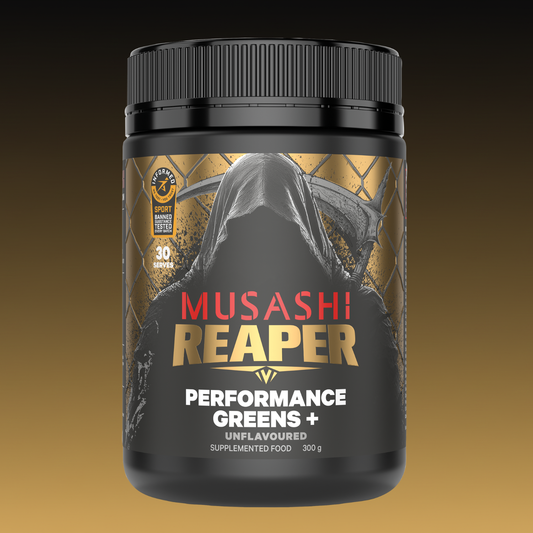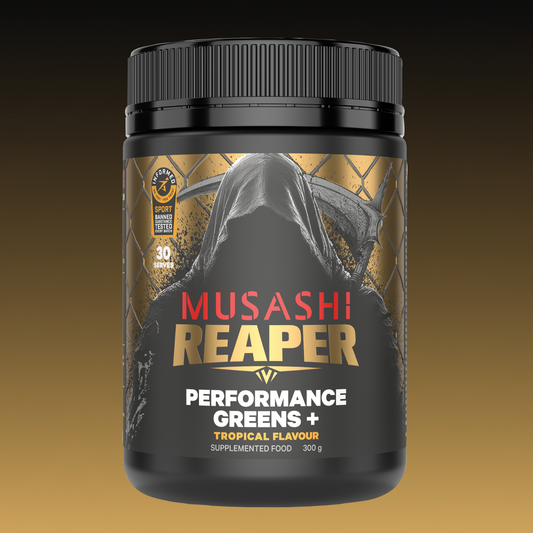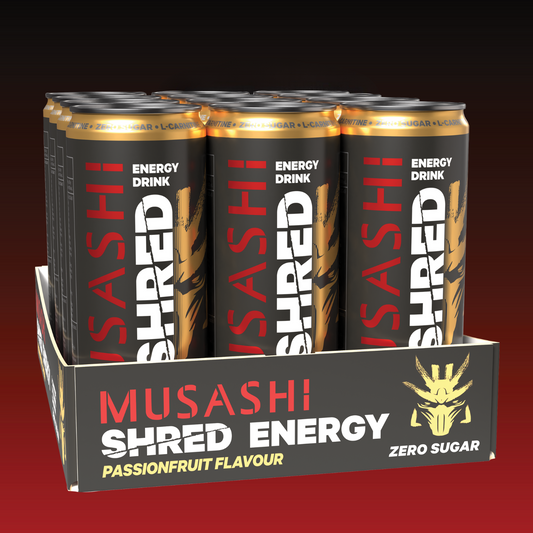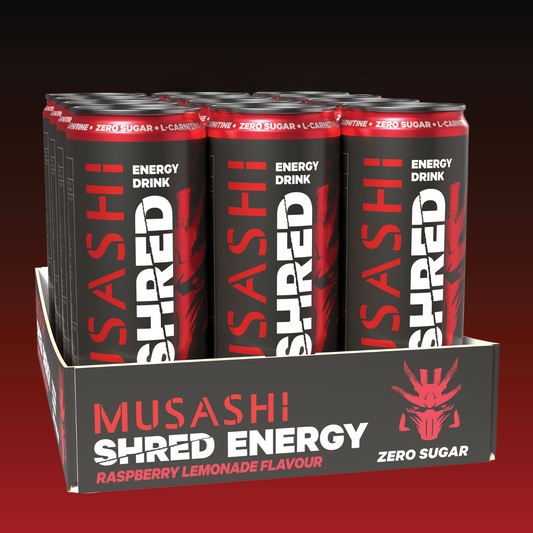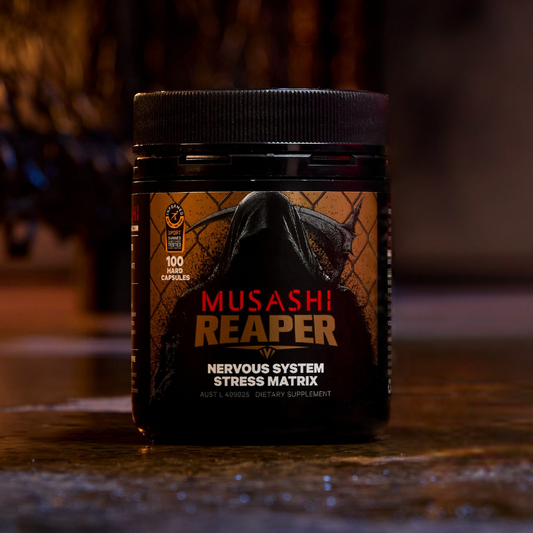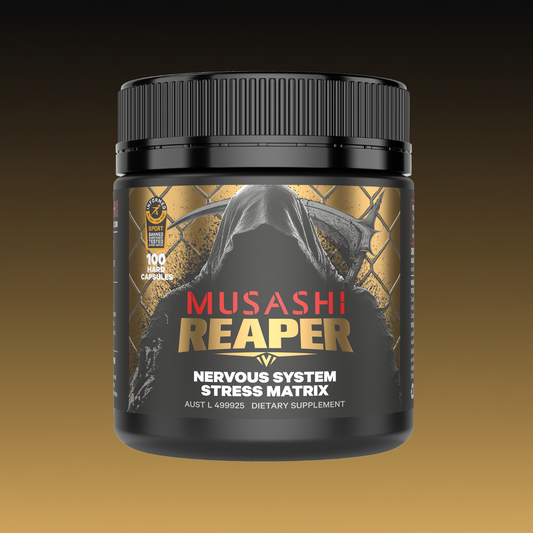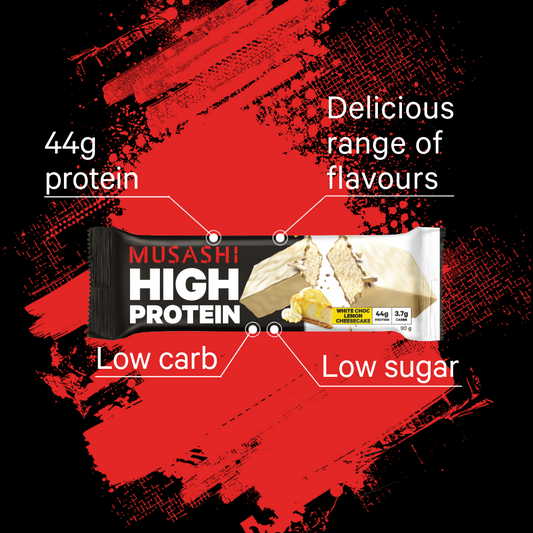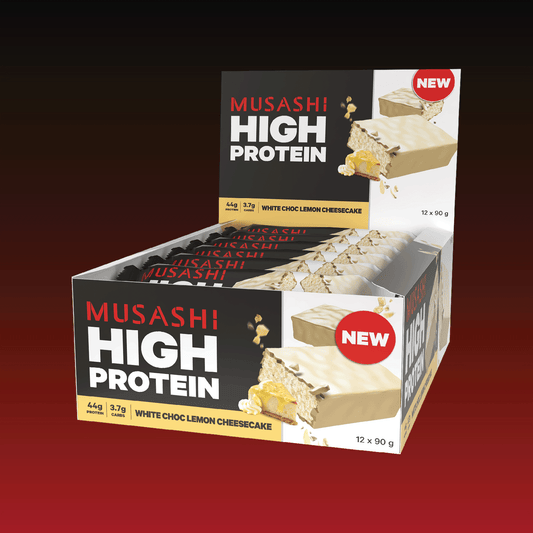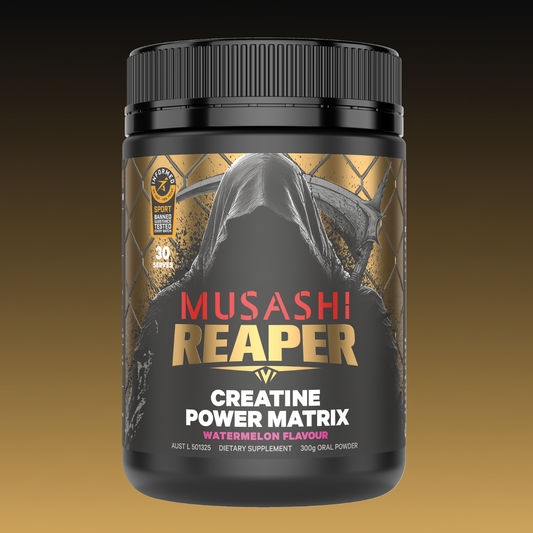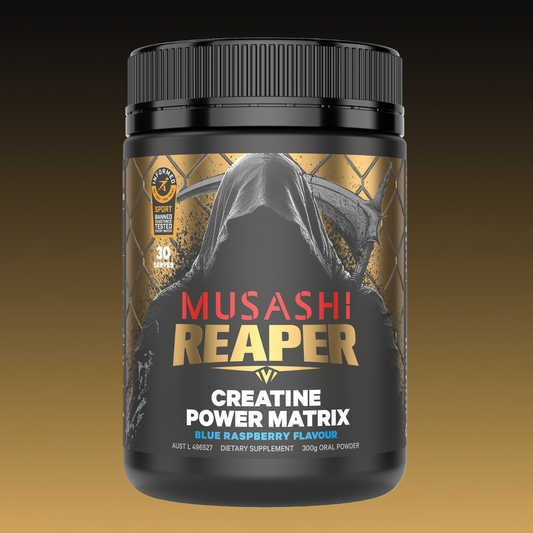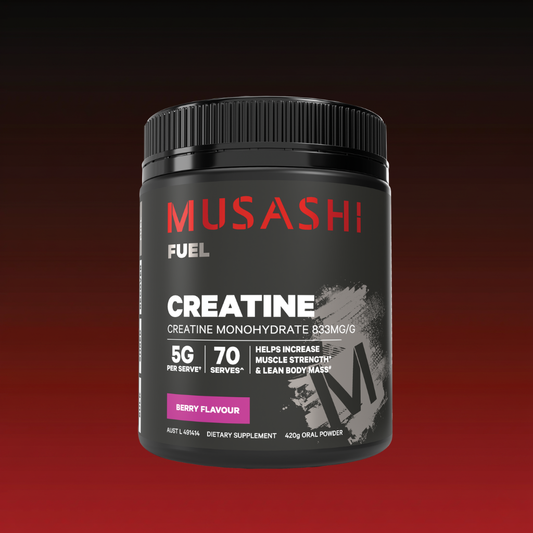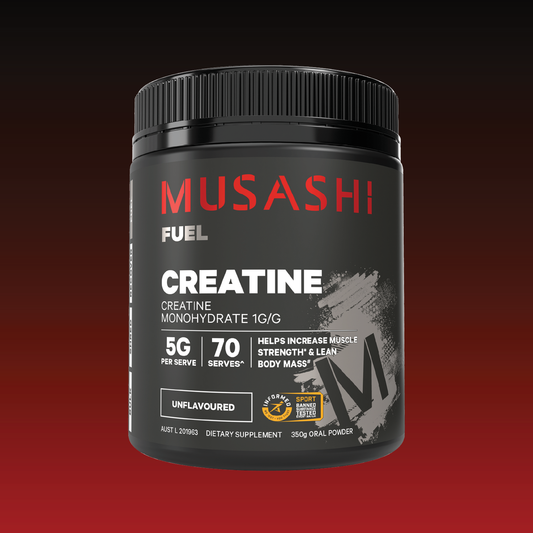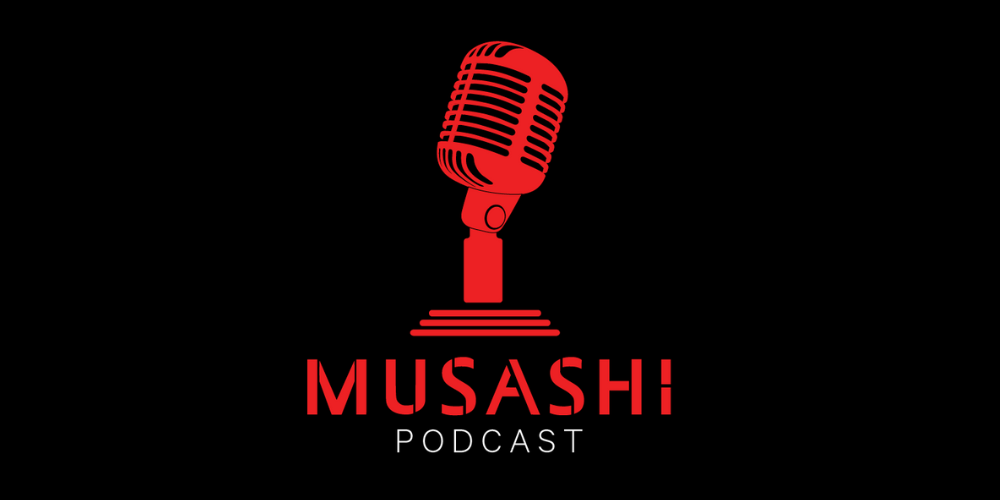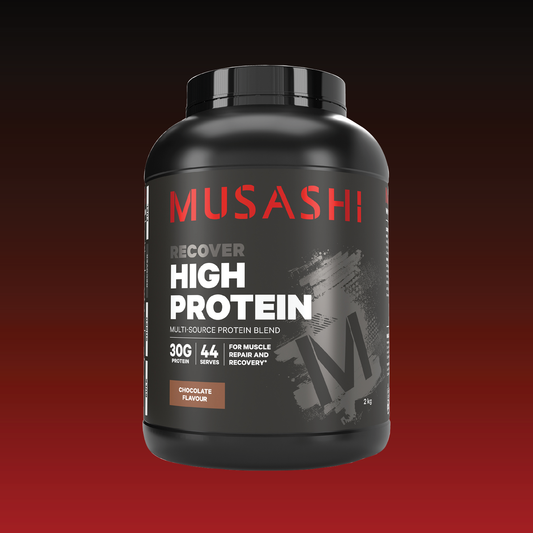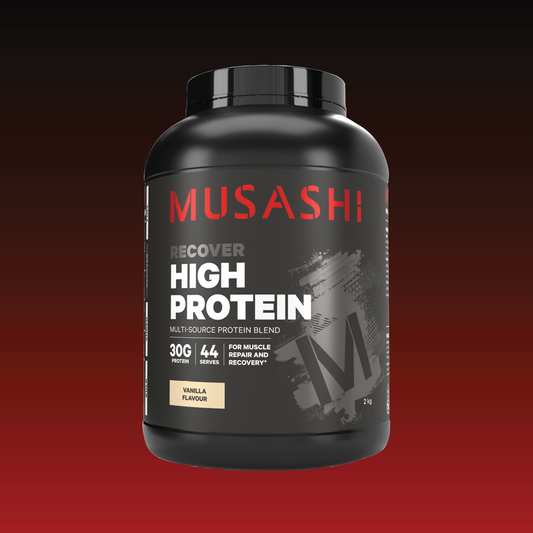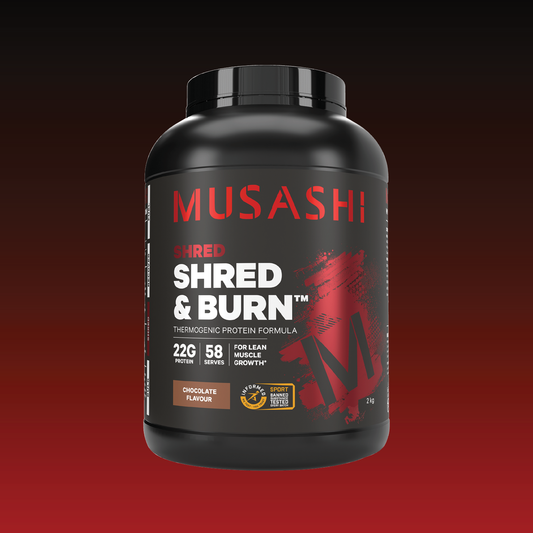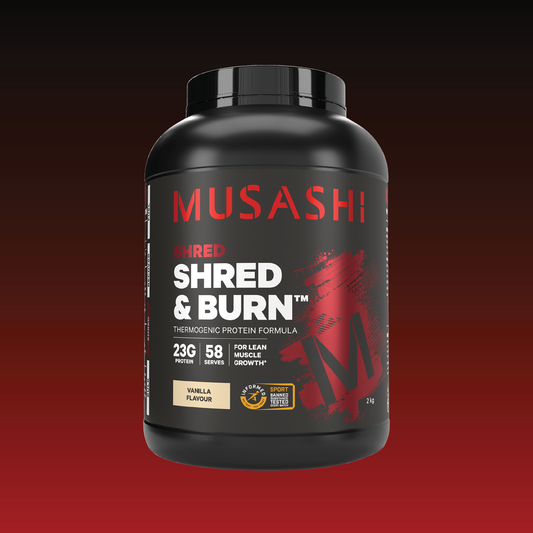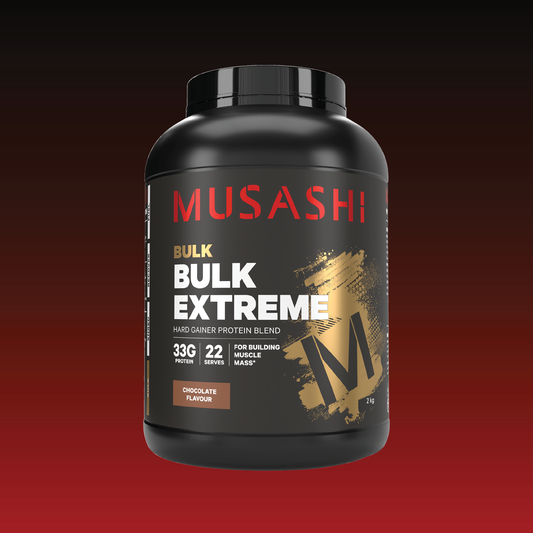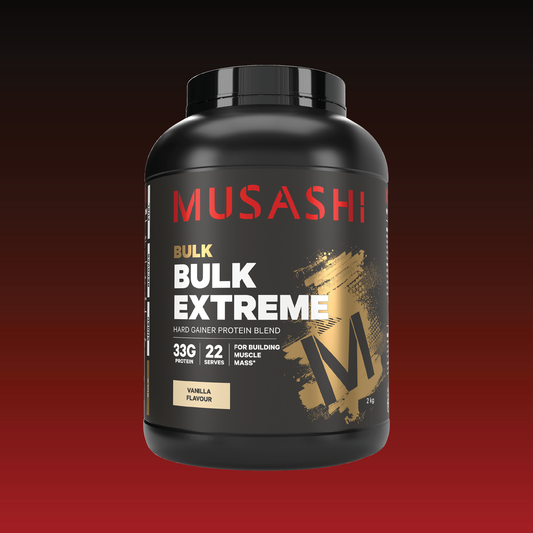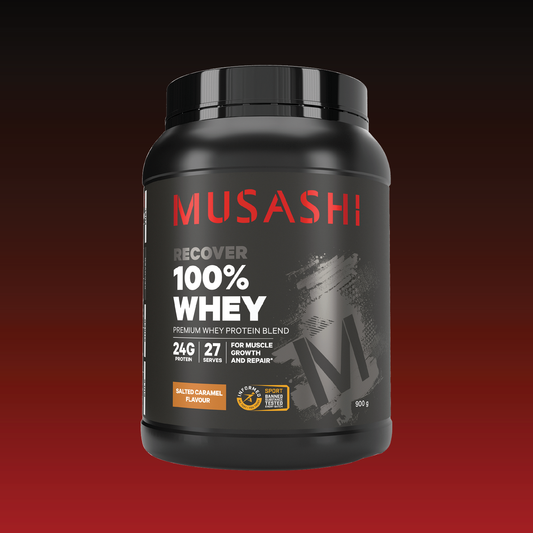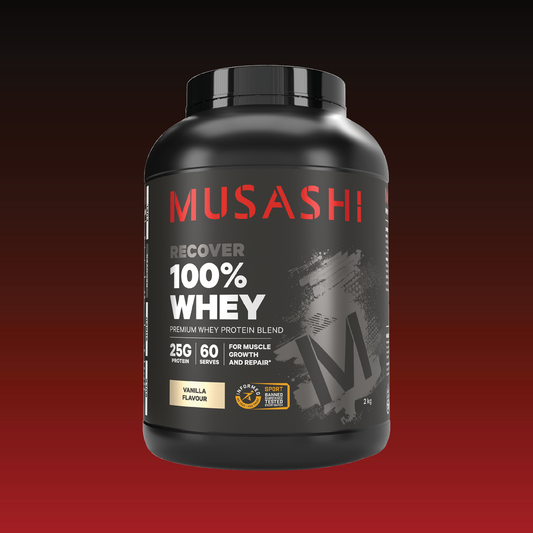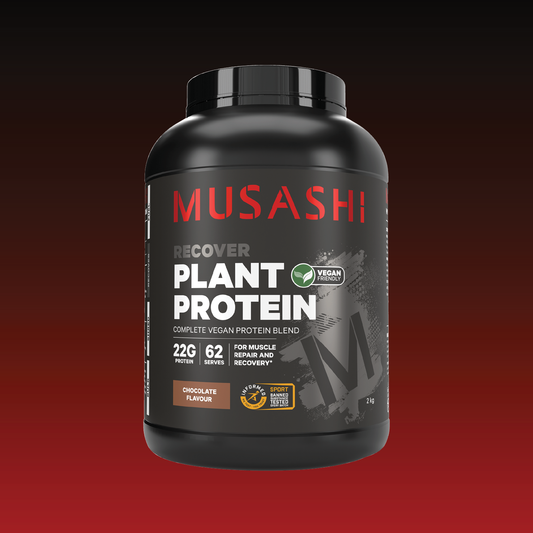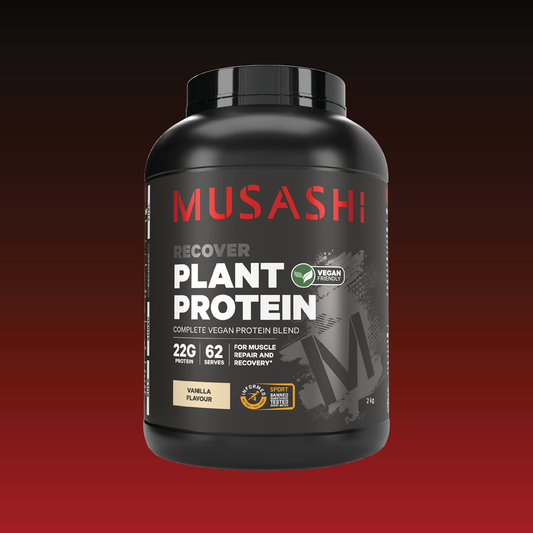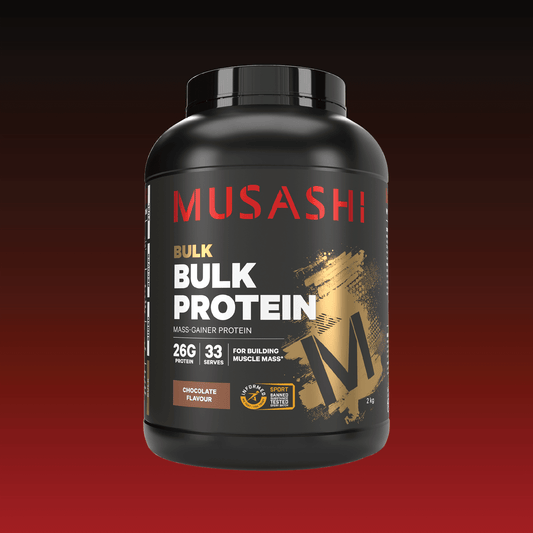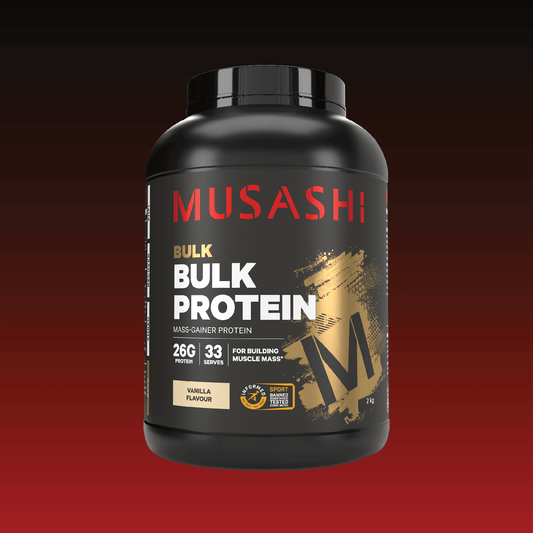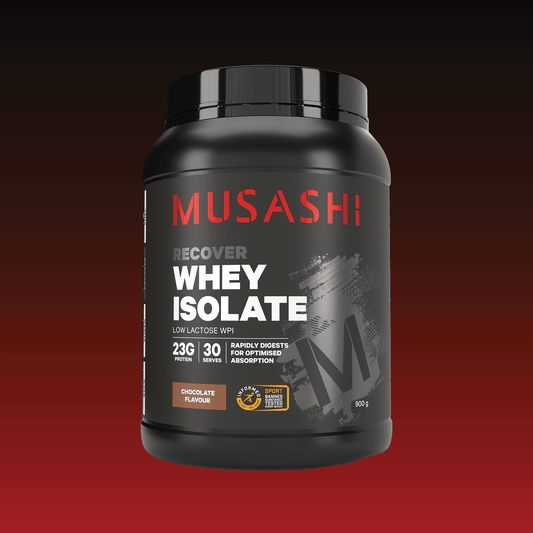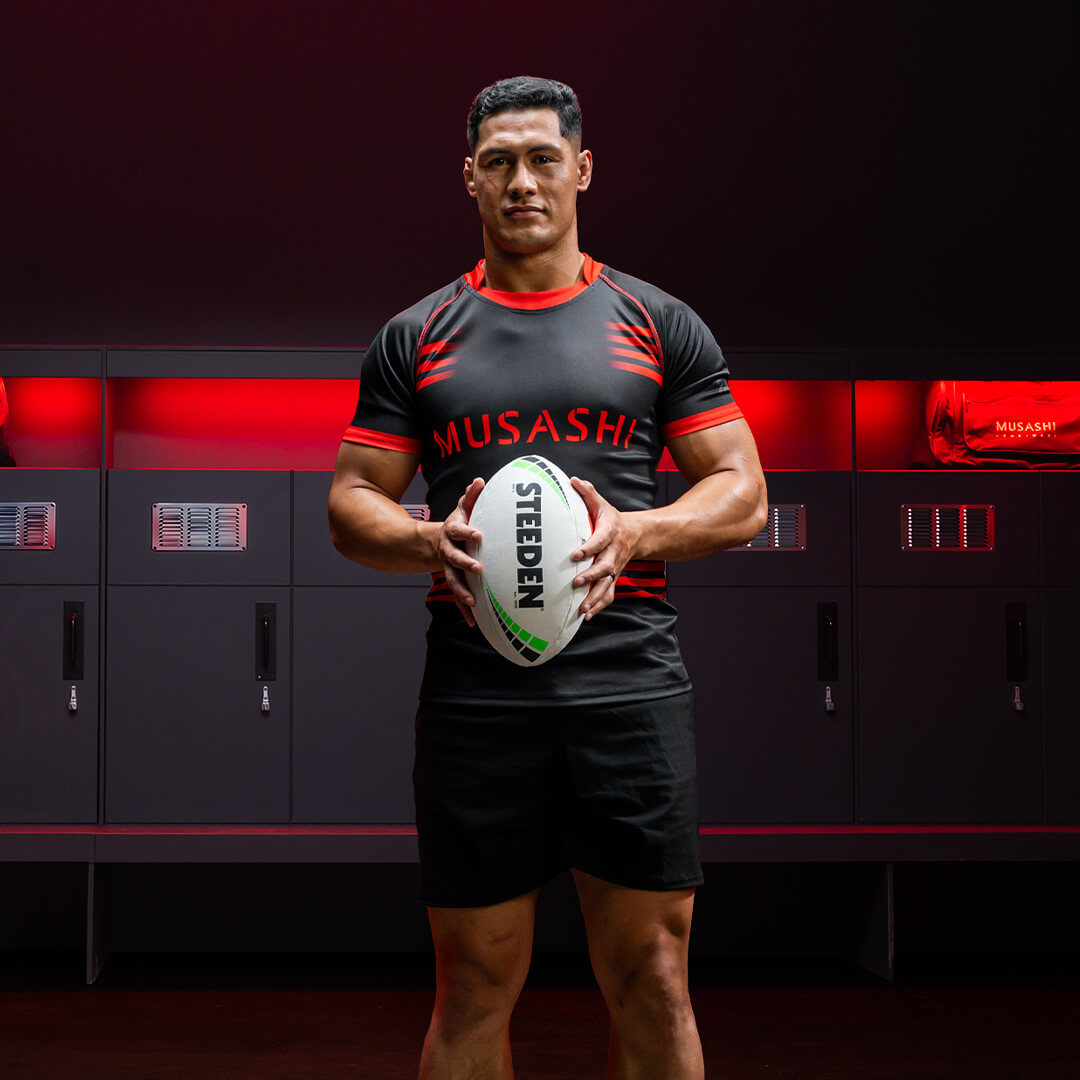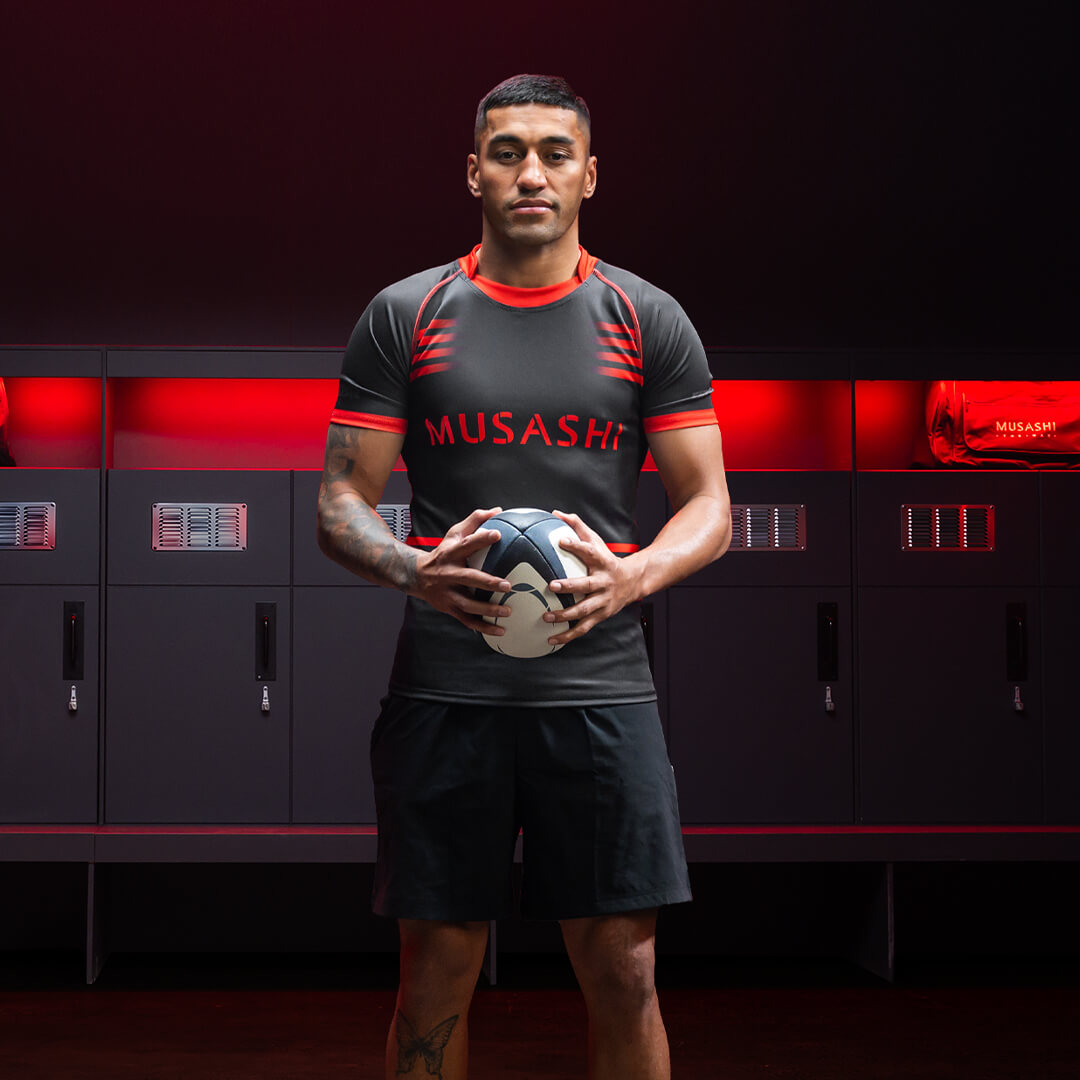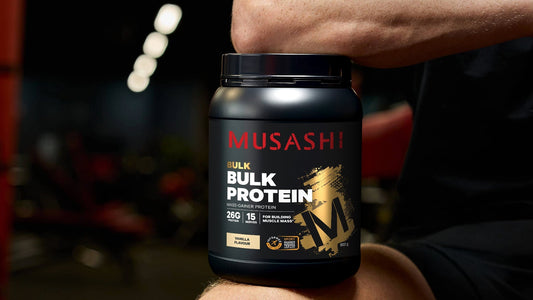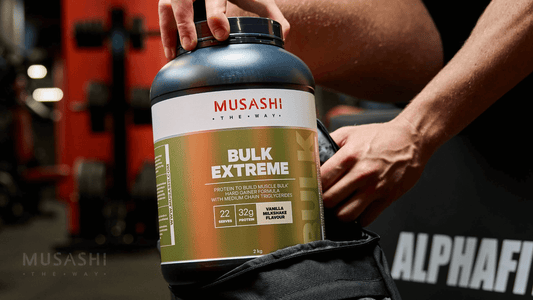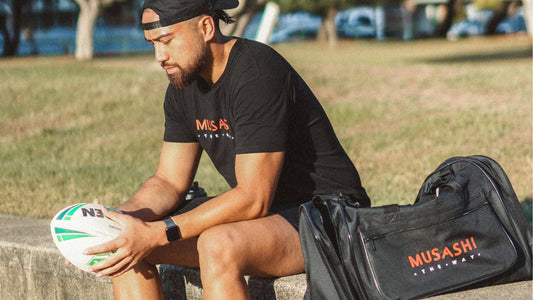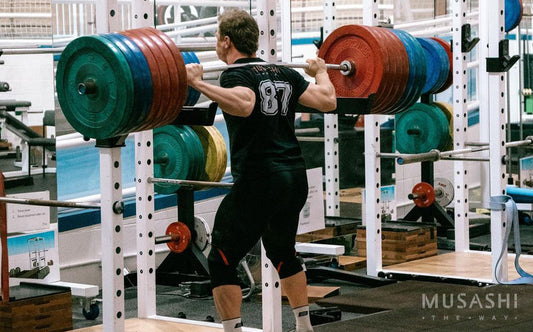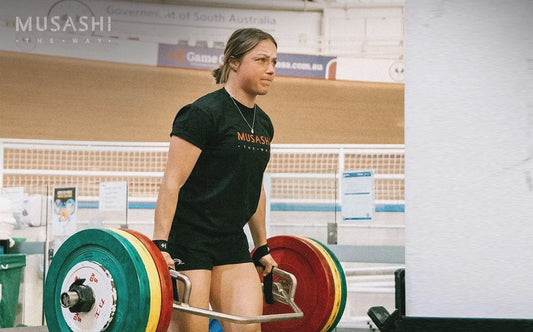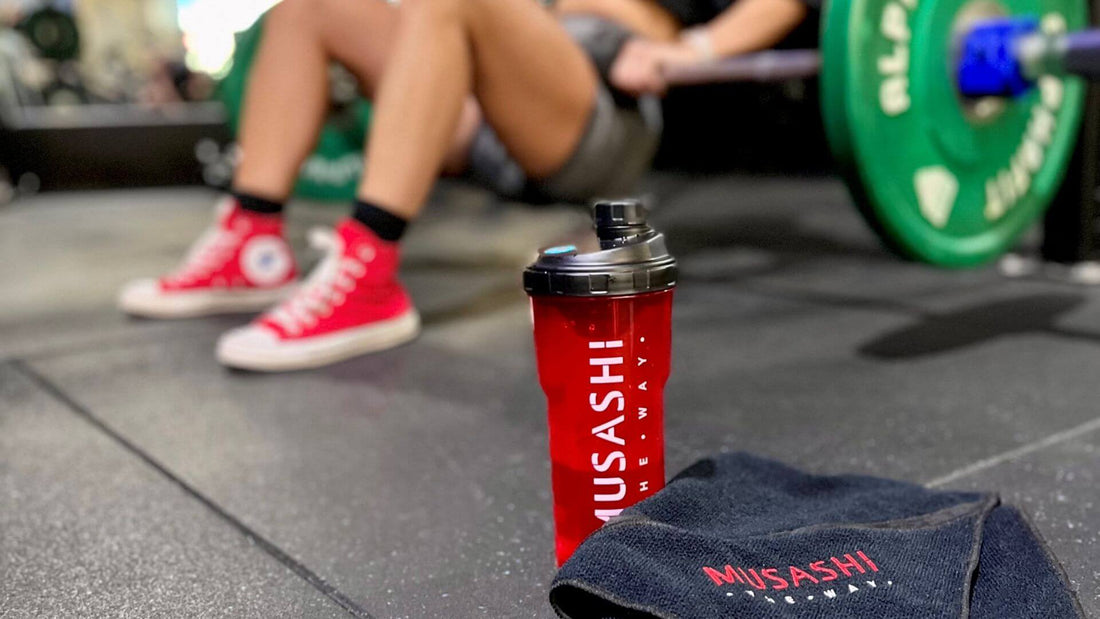
Building muscle isn't just about time spent at the gym; it's about strategic training. Understanding training volume, rep ranges, and the right exercises are crucial for effective muscle growth. This guide dives into these aspects, providing insights into maximising muscle development.
Understanding Training Volume
In weight training, volume is used to describe how much work you do.
Common methods of measuring training volume include counting the number of reps and sets to fatigue. The greater the volume results in a larger effect of muscle fibres leading to an increase in muscle growth.
If your training volume is too low, your body won’t adapt or grow and if your training volume is too high, you run the risk of overtraining and becoming injured.
Muscle Strength vs. Muscle Growth
Strength training helps to make muscles stronger and muscle building/ bodybuilding aims to make muscles appear larger. Although larger muscles and overall physical size may provide some strength advantages, training programs are different depending on desired training outcome i.e. muscle size or muscle strength.
Repetitions for Muscle Growth
To optimise your results in the gym, you need to understand which specific rep ranges will best help you achieve your goals.
Progressive overload is necessary for muscle growth; this principle involves continually increasing the demands of the muscles.
In order to get bigger and stronger, you must ensure your muscles work harder than they are used to. Generally, between 6-12 reps for 3-6 sets will help to build overall muscle size.
Importance of 1-Repetition Maximum (1RM)
Your 1-repetition maximum (1RM) is the most weight you can lift at one time. It is used to identify how much weight you should lift for each exercise.
If you are trying to add growth or achieve strength, knowing your 1RM is important.
Training at a specific percentage of your 1RM will help you calculate the amount of weight required to reach your desired training volume.
Ideal Exercises for Size Maximisation
To maximise size, multi-joint movements like the bench press, squat, bent over row and deadlift are good exercises to include in your program. These exercises use more total muscle mass allowing you to lift heavier weights.
It is important that exercises are performed correctly, discuss your technique with your personal trainer to ensure you are achieving the best possible results.
Weight training program for Bulk
Always walk into the gym with a training program/plan in place. Keep a record of your progression for each session and always ensure you are progressively challenging your muscles.
A well-thought-out diet and a structured supplement protocol will help support muscle growth. Low body fat maintenance and sufficient protein intake with the use of a post-training recovery shake (i.e. Musashi Bulk) will help to build overall muscle.
